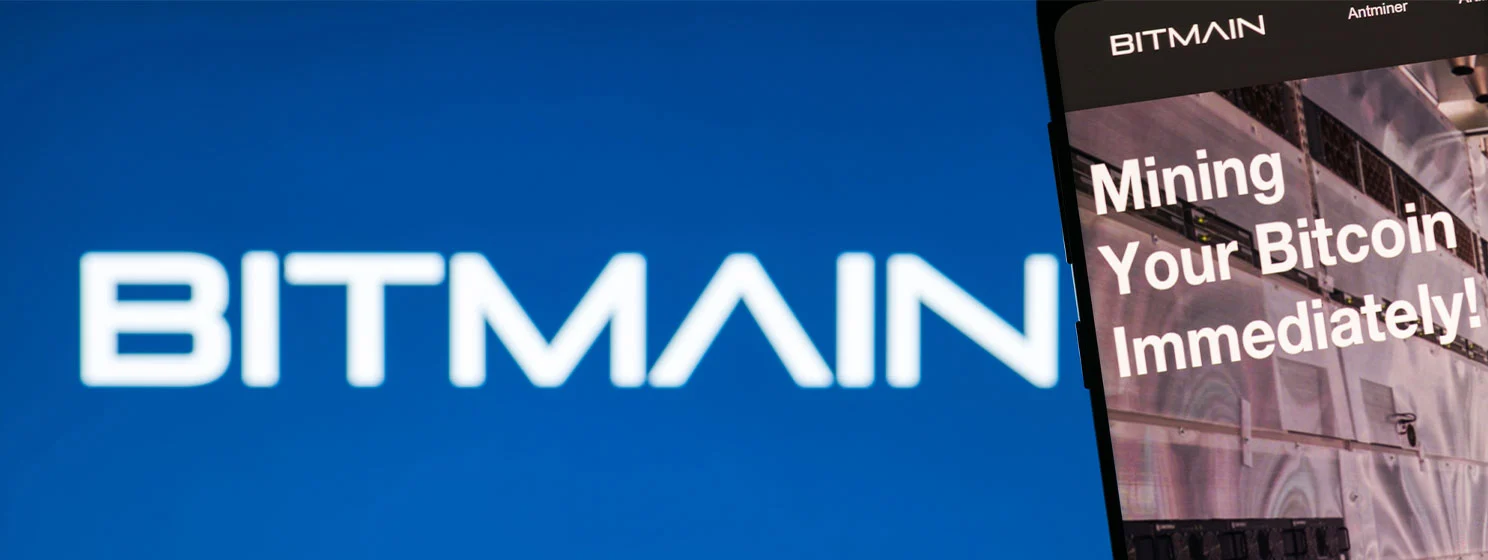|
Getting your Trinity Audio player ready...
|
In a further debacle for the initial coin offering (ICO) sector, the U.S. Securities and Exchange Commission has announced additional fraud charges stemming from its investigation into Centra Tech’s $32 million token crowdsale.
One of Centra’s co-founders, Raymond Trapani, was charged with violating the anti-fraud and registration provisions of the federal securities laws in connection with the 2017 ICO, in which the company issued CTR tokens to investors. Centra’s two other founders, Sohrab Sharma and Robert Farkas, have already been charged for their participation in the alleged fraud.
In a statement, SEC Enforcement Division’s Cyber Unit Chief Robert Cohen said the three “went to great lengths to create the false impression that they had developed a viable, cutting-edge technology.”
Sadly, this is only one of many Ponzi-like situations which cryptocurrency investors have found themselves in—one recalls the Bitconnect and USI-Tech schemes, in which millions have reportedly been lost to alleged fraud with ongoing lawsuits likely to drag o for years.
In its charge sheet, the SEC claimed that Trapani was the main mastermind behind Centra’s ICO which was deemed to be fraudulent due to the fact that it made fictitious and untrue claims about its relationships with several major credit card companies that did not exist. The ICO depended heavily on celebrities and social media to market their scheme. Boxing champion Floyd Mayweather Jr. was one of the celebrities who were heavily paid to promote the ICO. He also endorsed Centra Tech in September, although his Instagram post has since been removed.
Trapani also allegedly created a fictional biography about his experience in the finance industry as well as false descriptions of the company’s products, according to investigators. The complaint also stated that both Trapani and Sharma entered into illegal trading to manipulate the price of the CTR tokens to generate interest and inflate the price artificially.
Another worrying aspect of the case is the uncovering of text messages sent between the shareholders to remove any references to a particular bank after receiving a cease and desist order: “[w]e gotta get that s[***] removed everywhere and blame freelancers lol.” And additionally, while trying to list the CTR Tokens on an exchange using false credentials, Trapani texted Sharma to “cook me up” a false document, prompting Sharma to reply, “Don’t text me that s[***] lol. Delete.”
The SEC’s complaint seeks permanent injunctions against Trapani, as well as the return of allegedly ill-gotten gains plus interest and penalties. It also seeks to prohibit Trapani from serving as a public company officer or director and from participating in any offering of digital or other securities. In a similar action, the U.S. Attorney’s Office for the Southern District of New York also announced criminal charges against Trapani.

 09-16-2025
09-16-2025 





